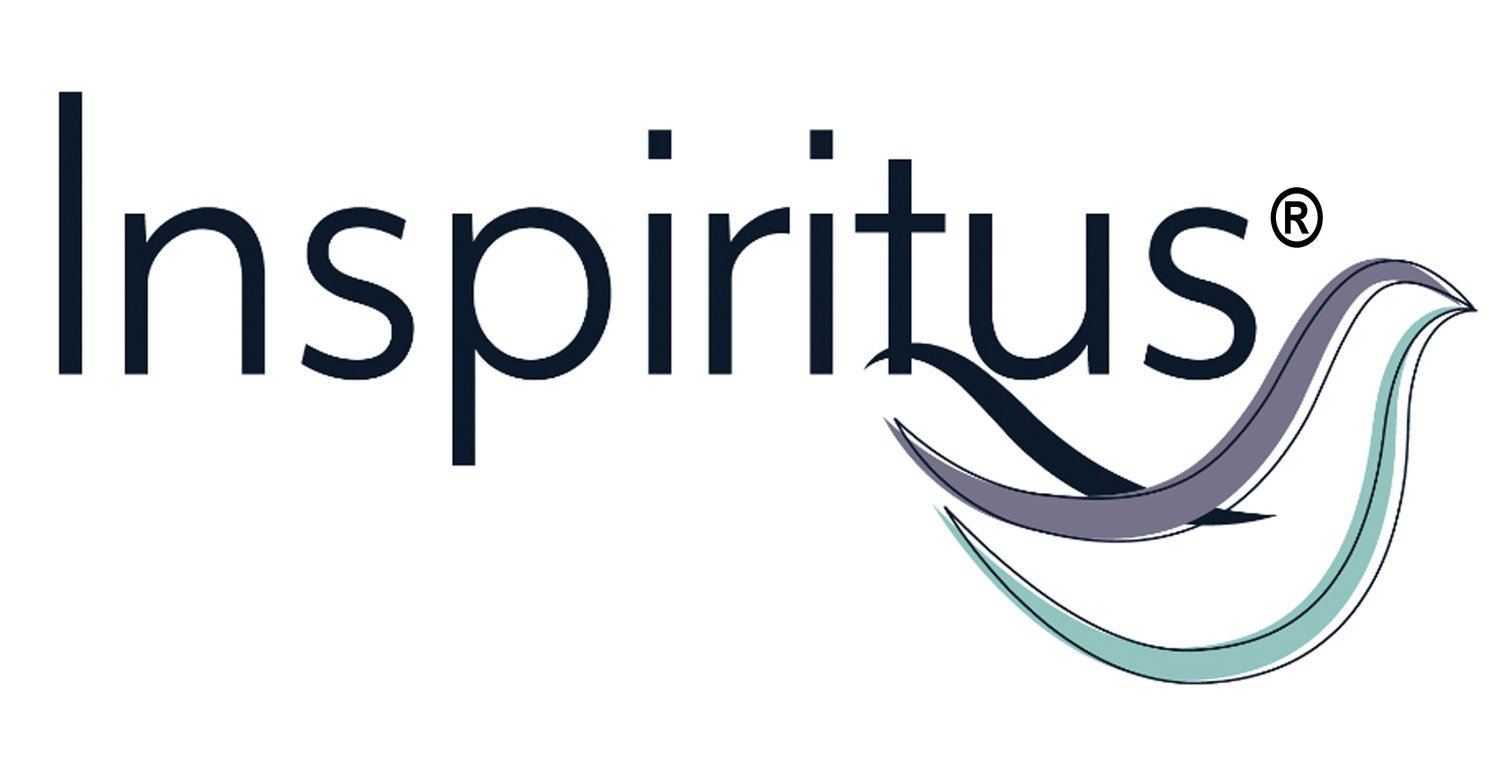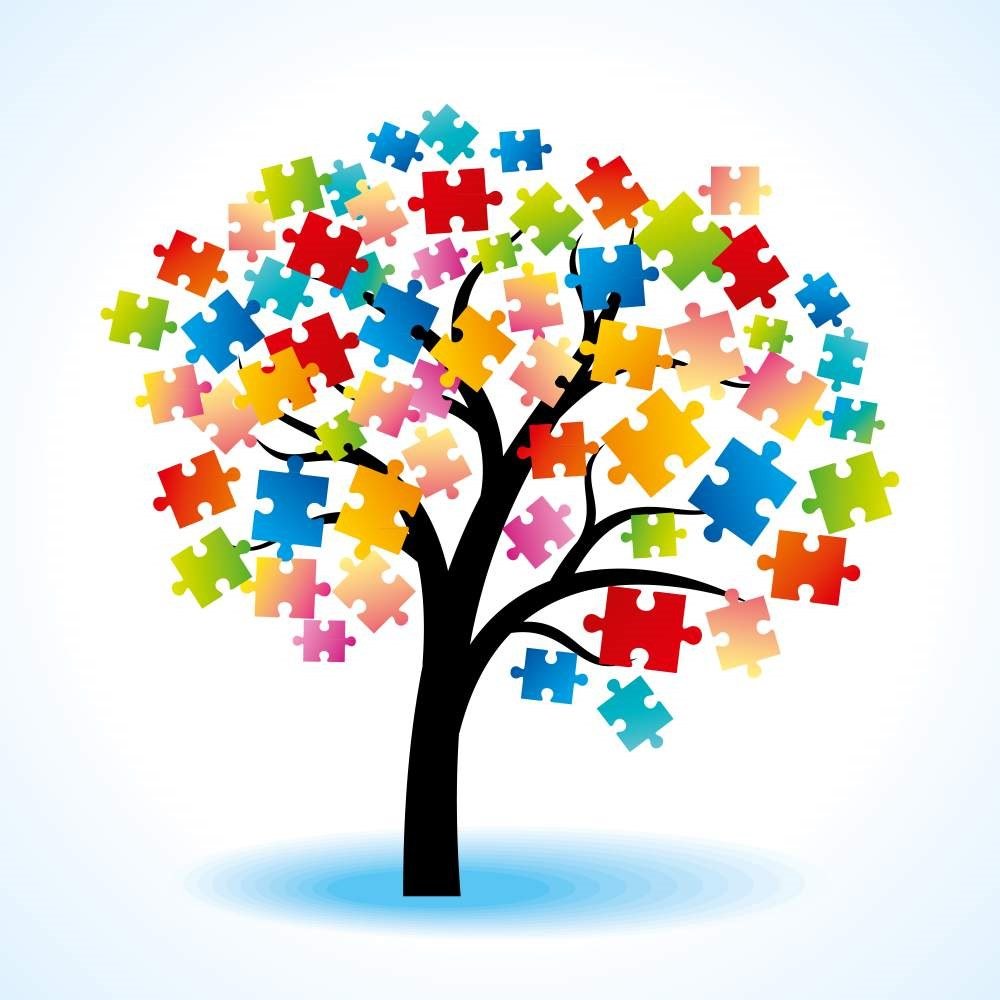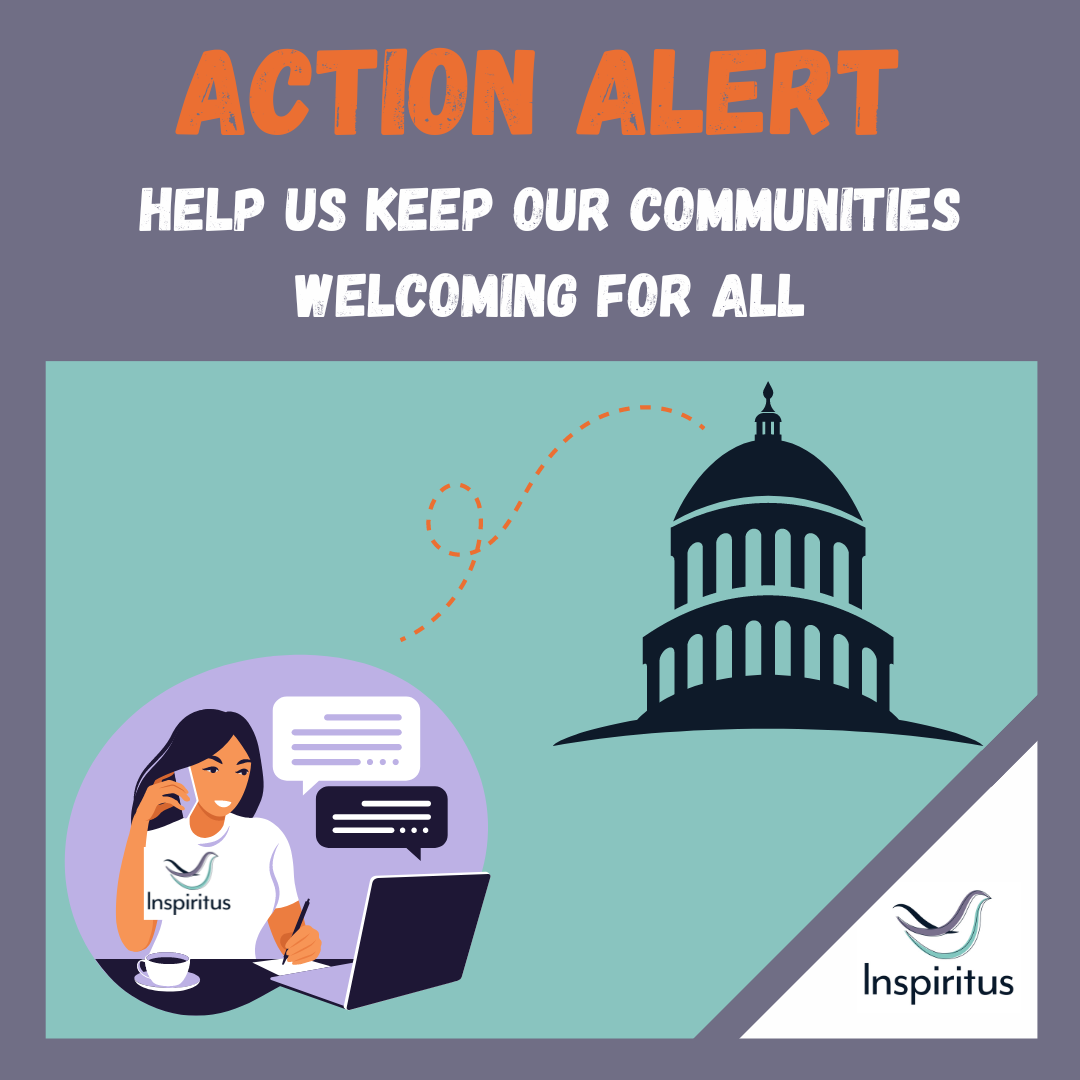Using People First Language
/March is National Developmental Disabilities Awareness month, a time to recognize and celebrate individuals with developmental disabilities and the contributions they make to our communities. LSG aims to treat people with disabilities with the utmost respect and help them live full, meaningful lives in a safe, welcoming environment. Through our FACES program, we match those with developmental and physical disabilities with support companions, allowing them to live in a home setting and be active participants in their community.
To create a more respectful and welcoming society, experts who work with populations with disabilities have long advocated for using People First language. According to the Georgia Council on Developmental Disabilities, People First Language (PFL) is a way of communicating that reflects knowledge and respect for people with disabilities by choosing words that recognize the person first and foremost as the primary reference and not his or her disability. (gcdd.org)
Often times individuals with disabilities are identified by their disability first; they may be called a handicapped or a disabled person. People First Language puts the person before the disability and it describes what a person has, not what a person is.
LSG is pleased that just this week Georgia lawmakers voted on a bill that would change outdated language in our code and substitute it with wording that shows respect and dignity. The bill would replace the words "mental retardation" and "mentally retarded" with "intellectual disability."
Are you using People First language when describe those with disabilities or illnesses? Here's a guide to help you out.
People First Language Preferred Expression
Instead of:
handicapped child or disabled
palsied, CP or spastic
afflicted, suffers from, victim of
mute or dumb
autistic
slow or retarded
crazy or insane
deaf and dumb
confined to a wheelchair
retarded
mongoloid, suffers from Down syndrome
is learning disabled
is physically disabled/crippled
invalid or paralytic
quadriplegic
paraplegic
Say:
child with a disability
individual with cerebral palsy
person who has….
nonverbal (with speech)
child(ren) with autism
developmental delay
emotional disorder/mental illness
deaf or has a hearing impairment
uses a wheelchair
has a cognitive or intellectual disability
adult with Down syndrome
has a learning disability
has a physical disability
paralyzed
Has quadriplegia
Has paraplegia











